You are here
Back to topAppolonia: Polish Apple Exports to Grow Significantly by 2019
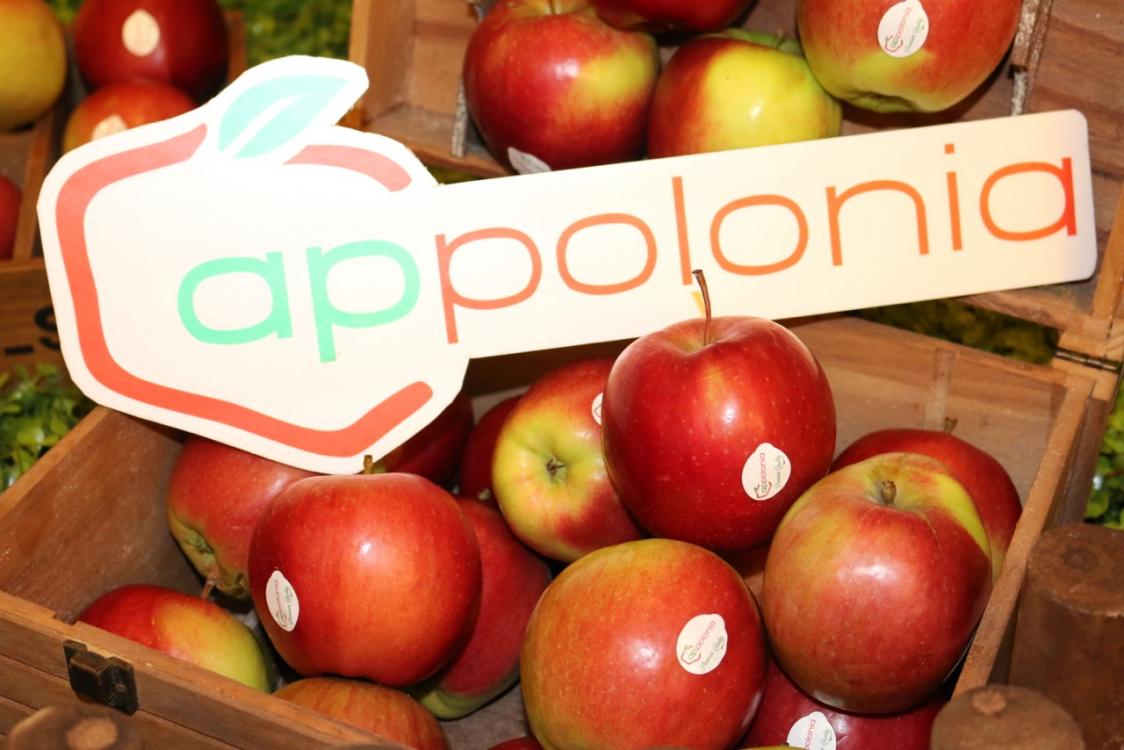
Appolonia aims to attract the Chinese customer with a unique taste of Polish apples
Photo: Produce Report
On December 12th, Chongqing-based Jinguoyuan Trading Co. hosted a launch event and press conference welcoming the first deliveries of Polish apples to China. Jinguoyuan is one of China’s pioneers in importing apples from Poland, with the very first shipments organized in mid-November this year. The event celebrated the successful outcome of the four-year long efforts of Poland’s apple industry in gaining market access to China, and was attended by Jinguoyuan’s main partner and Poland’s biggest apple producer and exporter Appolonia Sp. z. o. o. In conversation with Produce Report, Appolonia’s chairman Michał Lachowicz and vice president Przemysław Błądek revealed the company’s plans for this season’s exports, their next steps for the China market, the current status of the company’s business around the globe, and the reasons behind the chemical-free production of apples in Poland.
Produce Report: What quantities of Polish apples can we expect on the China market this season?
Przemysław Błądek: Appolonia plans to ship around 200 containers, or 4,000 tons, of apples to China with shipments to be organized on a weekly basis. This is just the beginning, as we intend to increase our overall export due to our immense market potential. Five companies form the Appolonia Group, which ships in total around 150,000 tons of apples per season overseas, and the 24 companies that comprise the Appolonia Consortium export nearly 250,000 tons.
We ship apples not only to Western Europe, but to other parts of the world as well, including North Africa (Egypt, Algeria, and Morocco primarily) and Asia, namely to India and Vietnam. Appolonia exports to Vietnam last season accounted for 70% of Poland’s total apple exports to the country.
I should mention that our business in India and Vietnam has helped us to familiarize ourselves with the Asian market, providing experience and insight into packaging requirements, consumer preference, and many other aspects of doing business in Asia.
I also want to thank our Chinese partner Jinguoyuan for their professional approach and in helping guide us wonderfully in setting our Chinese operations. I believe that we are now fully ready to conduct our business here.
Produce Report: You said that Appolonia plans to expand its presence in China. What actions will you take in this regard?
Przemysław Błądek: Our goals for China can be achieved due in large part to the undertakings of Jinguoyuan, as they paid considerable attention to Appolonia’s marketing strategy and promotional campaigns. Marketing is very important for two reasons: firstly, because the Chinese consumer is unfamiliar with Polish apples and secondly, because the taste of our apples is completely different from the taste of, for example, apples from New Zealand. The climate in Poland differs from other apple-producing countries, giving our fruit a special balance between sourness and sweetness. I believe that, having already attracted many consumers in Europe, North Africa, and Asia, our apples will also be alluring to people in China. However, this will require time; I think that in two season’s time, we will already be witnessing a perceptible rise in exports.
Appolonia conducts marketing campaigns on its own as well as a part of the continuing EU program “The Flavours of Europe,” in which our company represents Polish fruit and vegetables. This program will last until mid-2018 and has allocated us a total of €15 million in funding for our participation in international exhibitions, including three in China: in Beijing, Shanghai, and Guangzhou. Separately, Appolonia plans to also attend the Asia Fruit Logistica trade show in Hong Kong next September.
Produce Report: One of the most important aspects of marketing is consumer branding and name recognition. What does your company’s name ‘Appolonia’ mean?
Michał Lachowicz: In some languages, like Italian and Spanish, Polonia means Poland. We decided to add the “Ap” prefix in order to clearly link our company’s name to apples. So, basically, Appolonia means “apples from Poland.” There is another interesting connection between Poland and apples: if you look at the map, you will see that Poland’s borders resemble the shape of an apple.
Produce Report: Why did Poland’s five biggest apple producers and exporters merge to form Appolonia four years ago?
Michał Lachowicz: We united because we observed considerable changes on the international market. Many people believe that Poland started negotiating access for its apples in China because of the Russian embargo. However, we had already begun discussions four years ago, not two years ago when the embargo was introduced. There was a general call to avoid complete dependence on Russia, so we needed to combine forces in order to explore and set foot in new markets.
Produce Report: How safe are Polish apples for consumers? What methods of pest control do you use?
Michał Lachowicz: Polish apples are grown in a very natural environment. Several decades ago, when Western Europe used considerable amounts of chemicals, Poland simply could not afford these same products. Nowadays, we are well-educated as to the risks associated with these fertilizers and we continue not to use them. As an alternative, we use small predators and natural chemical replacements, for example, orange oil, which is sprinkled on apple trees to keep bugs away and is safe for consumer use as it is edible/drinkable without any adverse effects. As a result, during the 500-year long history of apple production in Poland, there has been no period of extensive chemical usage.



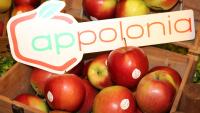

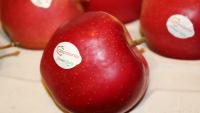


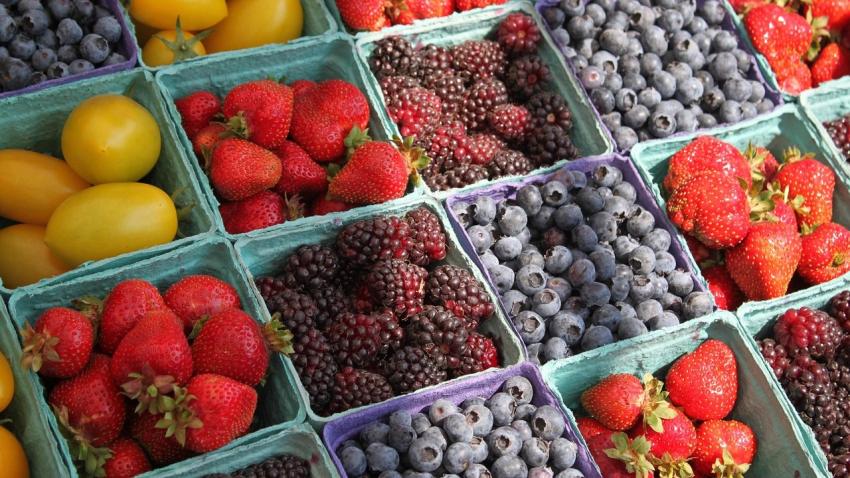
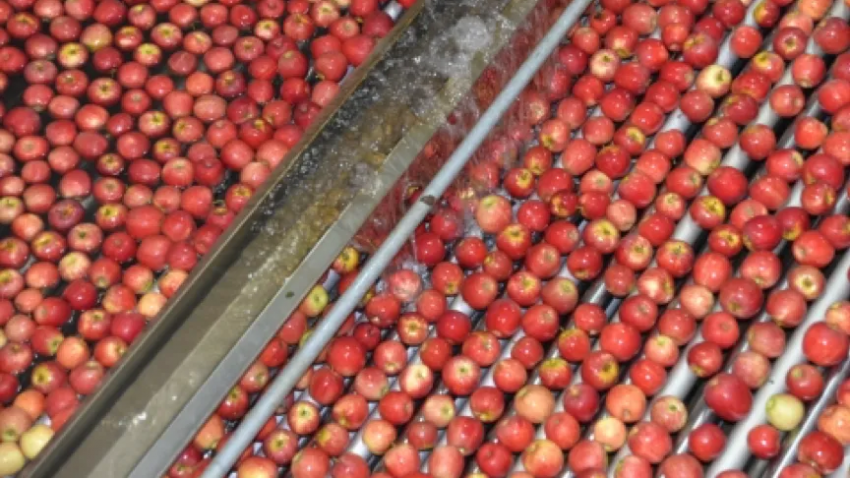







Comments
Anonymous replied on Permalink
The biggest and leading apple
Mabel replied on Permalink
We covered a story on Fruit
Joshua Amar replied on Permalink
Hello brothers glad to know
Add new comment